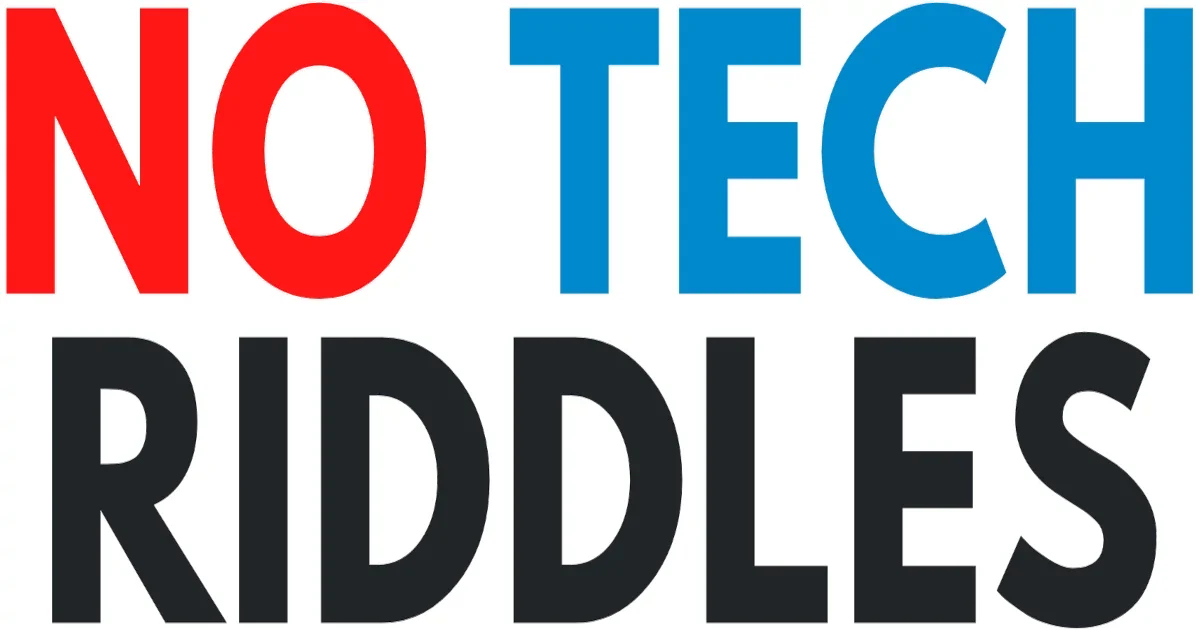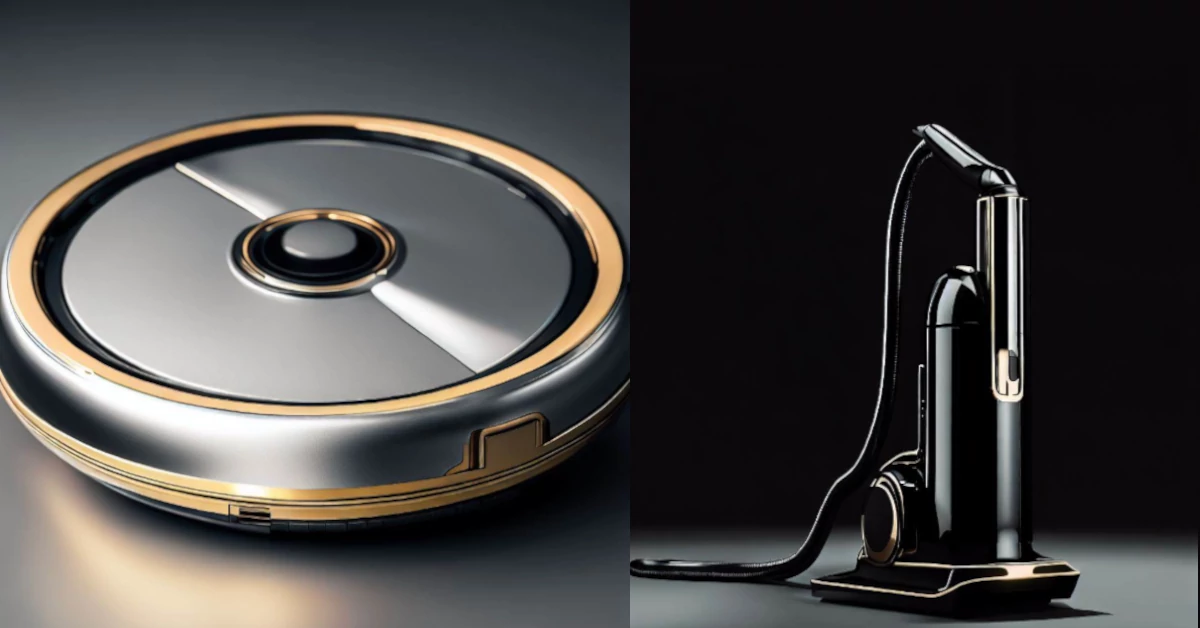Are you sick of having to plug your vacuum in every time you use it? Do you dread having to move a big, heavy machine from one room to another? If so, it’s time to embrace the cordless revolution in vacuum cleaner design.
With the latest technological advances, cordless vacuums are now more powerful, efficient, and easy to use than ever.
In this article, I will talk about the benefits of cordless design and why it is a game-changer for anyone who wants to keep their home clean without a lot of trouble.
So, take a seat, put your feet up, and get ready to learn about the future of vacuums.
Cordless Vacuum Cleaners

Cordless Vacuum Cleaners: Advantages and Design Features
Compared to traditional vacuums with cords, cordless vacuum cleaners have a number of advantages that make cleaning easier and faster.
Key Features of Cordless Vacuum Cleaners
- Lightweight and portable, with an average weight of under seven pounds.
- In-built rechargeable battery for cord-free operation.
- Smaller filter capacity with an average dust container size of 0.6 liters.
- Comparable noise levels to corded vacuums (around 73-74dB on average).
Benefits of Cordless Vacuum Cleaners
- Agility and flexibility: Faster and more efficient at cleaning, reaching areas where corded vacuums can’t or are inconvenient to use.
- Improved productivity: Cordless vacuums are 30% faster than corded ones.
- Comfort and ease of use: Long-lasting batteries provide good mobility, and quick charging times ensure minimal downtime.
- Effective cleaning in hard-to-reach places: Foldable tubes and flexible wands allow for easy cleaning of edges and corners.
- Lightweight design: Easier to carry around the house or office space.
Additional Features
- Some cordless vacuum models include extra brushes for cleaning upholstery and other complicated areas.
Choosing Between Corded and Cordless Vacuums
When choosing between a corded and a cordless vacuum, think about your personal preferences and how much cleaning you need to do.
Cordless vacuums are easy to move around and convenient, but their batteries do not last as long and their filters can not hold as much as traditional vacuums.
Cordless vs Traditional Vacuum Cleaners
- Cordless Vacuum Cleaners: Performance, Versatility, and Choosing the Right One
Cordless vacuum cleaners have some advantages over models with a cord, but they may not always be as strong.
Knowing what they can do and what they can not do can help you make a good choice.
Performance of Cordless Vacuum Cleaners
- Cordless vacuums typically have less suction power than corded ones, but lithium-powered stick vacuums can perform just as efficiently.
- Portability and ease of use make cordless vacuums ideal for tight spaces and areas far from power outlets.
- Limited battery life (15 to 40 minutes on average) and longer charging times (2 to 16 hours) can be a drawback.
Versatility on Different Flooring Types
- Cordless vacuums can clean various flooring types, including hardwood floors, low-pile rugs, and carpets. Some models are better suited for specific surfaces:
- The Dyson V8 Fluffy is excellent for bare floors but not ideal for rugs.
- Dyson Absolute variants work well on both bare floors and rugs.
- Top cordless vacuums for hardwood floors include Dyson V8 Absolute, Dyson Micro, Dyson Omni Glide, LG CordZero A9, Lupe Pure, and Shark Vertex Cordless IZ462H.
- Brands like Bissell and Kenmore also offer cordless vacuums recommended for hardwood floors by Good Housekeeping.
When selecting a cordless vacuum, consider these factors:
- Power and runtime: Ensure the battery life is sufficient for your cleaning needs.
- Suction power: Choose based on the extent of cleaning required and the types of surfaces in your home.
- Dirt and debris removal: Assess the vacuum’s ability to handle various types of debris.
- Charging station: Some models come with wall-mounted chargers.
- Weight distribution: A well-distributed weight makes the vacuum more comfortable to use.
Additional Features to Look for
- Built-in versus swappable batteries
- Maneuverability and ease of use
- Filtration system (HEPA filters for allergy sufferers)
- Bagless design
- Sensory technology that adjusts power according to floor type
- Warranty and LED lights
- Attachments like crevice tools and 2-in-1 combi tools
- Noise level (cordless vacuums are generally quieter)
- Price (cordless models are often more expensive)
Even though cordless vacuum cleaners are convenient and can be used in different ways, they may not always be as powerful as traditional vacuum cleaners with cords.
Choosing the right cordless vacuum depends on how you like to clean, how much you need to clean, and what features you need.
HEPA Filter: The Key to Efficient Cordless Vacuum Cleaners
Cordless vacuum cleaners have revolutionized the way we clean our homes, offering unparalleled convenience and flexibility.
However, their effectiveness largely depends on the quality of their filtration system.
This is where HEPA filters come in.
HEPA (High-Efficiency Particulate Air) filters are designed to capture tiny particles, such as dust, pollen, and pet dander, that can trigger allergies and respiratory problems.
By trapping these particles, HEPA filters ensure that the air you breathe is clean and healthy.
Moreover, they prevent the dust and debris from clogging the vacuum’s motor and reducing its suction power.
Therefore, when choosing a cordless vacuum cleaner, make sure it has a HEPA filter to ensure maximum efficiency and protection for you and your family.
For more information:
HEPA Filters: Your Vacuum’s Superpower!

Cordless Vacuum Cleaner Battery
Cordless Vacuum Cleaner Battery Life and Charging
Knowing how long a cordless vacuum’s battery lasts and how long it takes to charge can help you choose the best one for your cleaning needs.
Battery Life of Cordless Vacuum Cleaners
- The average battery life of cordless vacuums ranges from 15 to 40 minutes.
- Some models, such as Dyson’s V8, have a longer battery life of up to 40 minutes.
- Using the boost mode on certain models, like the Dyson V8, can reduce battery life to as little as 6 minutes.
- To maximize battery life, it’s recommended to let the battery run down to empty at least once a month.
Charging Time for Cordless Vacuum Cleaners
- Charging times for cordless vacuums vary depending on the model, ranging from 2 to 16 hours.
- Dyson’s V8 takes approximately 5 hours to charge.
- Some models come with spare batteries that can be swapped out for extended use.
Factors Affecting Runtime
- The runtime of a cordless vacuum cleaner after a full charge depends on various factors, such as:
- The vacuuming setting used (example, boost mode)
- The duration the unit’s power is on
Charging Recommendations
- According to Dyson’s user manual, it can take up to 4 hours to fully charge the battery.
- Homekleaner.com found that, on average, it takes 4 to 5 hours to charge a cordless vacuum cleaner.
- The Roborock Cordless Stick Vacuum Cleaner takes about 2.5 hours to fully charge.
- Sharkclean.co.uk and Sharkclean.com state that lithium-ion batteries take approximately 4-6 hours to fully charge.
- Dyson recommends leaving the battery on charge, as it’s designed for this purpose and won’t operate or charge if the ambient temperature is below 5°C (41°F).
Cordless Vacuum Cleaner Cost and Brands
- Cordless versus Corded Vacuum Cleaners: Comparing Features and Brands
When looking for a vacuum cleaner, it is important to compare cordless and wired models based on things like price, ease of use, and cleaning power.
Here are the most important differences between cordless and corded vacuum cleaners, as well as some of the most popular brands on the market.
Cordless Vacuum Cleaners: Features and Brands
- Generally more expensive than corded vacuums
- Lighter and more flexible, allowing for easier maneuvering and transportation
- Can convert into handheld vacuums for above-floor or car cleaning
- Limited battery life, typically lasting 15 to 40 minutes before needing a 2 to 16-hour recharge
Popular Cordless Vacuum Brands
- Dyson: Offers high-end cordless vacuums such as the Dyson V8 Absolute, Dyson V15 Detect, and Dyson V11.
- Shark: Provides models like the Shark Stratos Cordless with Clean Sense IQ IZ862H.
- Roidmi: Known for its budget-friendly Roidmi S1E model.
- Tineco: Gained popularity with its Pure ONE S15 PRO and Pure One S11 models.
Corded Vacuum Cleaners: Features
- More affordable than cordless vacuums
- Offer larger dust bins
- More powerful at removing dust and pet hair compared to cordless vacuums
- Ideal for those on a budget or with kids, pets, or lots of carpet in their homes
Factors to Consider When Choosing a Vacuum Cleaner
- When selecting a vacuum cleaner, consider the following factors:
- Battery life (for cordless vacuums)
- Suction power
- Weight
- Bin capacity
Keep in mind that cordless vacuums are more expensive and may not clean as well as corded vacuums, but they are more convenient and give you more freedom.
Conclusion

If you own a vacuum cleaner, you may already know how convenient and easy to use it is when it does not have a cord.
But have you ever stopped to think about the impact this technology has on the environment?
While cordless vacuums may seem like a small change, they are actually a step towards a more sustainable future.
By eliminating the need for cords and reducing energy consumption, cordless vacuums are helping to reduce our carbon footprint and preserve our planet for future generations.
So the next time you use your cordless vacuum, take a moment to appreciate not only the convenience it provides but also the positive impact it has on the environment.
And remember, every small change we make can have a big impact on the world around us.
Looking for a new robot vacuum?
Choosing a gadget can be very difficult if you know nothing about the technology.
Some will pay for features they do not need while others may not consider what they really want.
So I created this quick, newbie guide to help you focus on what is really important to you:
The best robot vacuum for you.
Links and references
Design of a Single-Phase BLDC Motor for a Cordless Vacuum Cleaner (research paper)
Related articles:
Wireless Vacuum: Benefits, Types & Maintenance
Rechargeable Vacuums: Power, Surfaces, and Maintenance
Cordless Cleaning: Strong Suction Power Explained
Handheld Vacuums: The Power of Suction
Stick Vacuums: Power, Differences, and Maintenance
Maximize suction power: Portable vacuums 101

